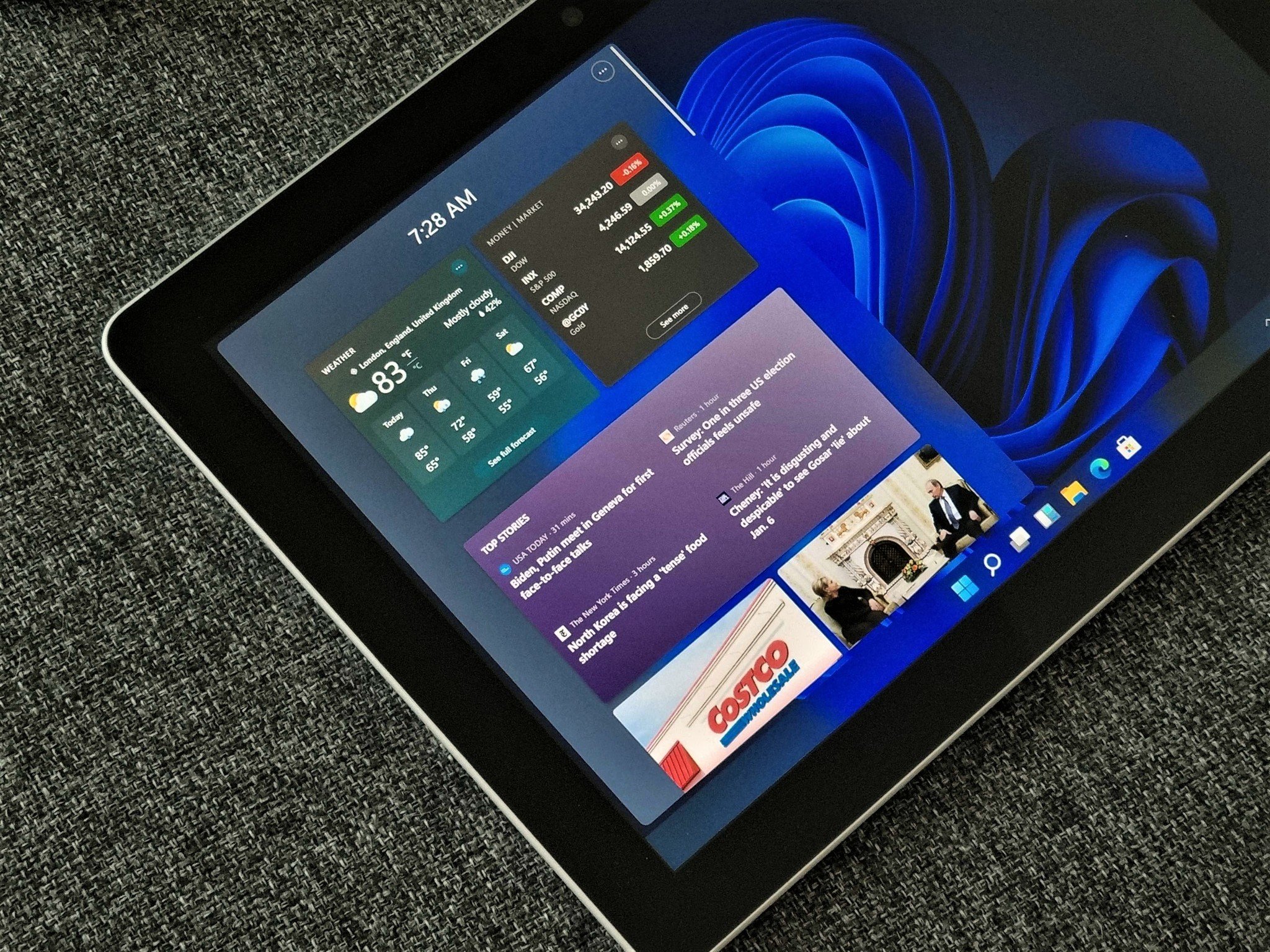Microsoft is shifting to a new engineering schedule for Windows which will see the company return to a more traditional three-year release cycle for major versions of the Windows client, while simultaneously increasing the output of new features shipping to the current version of Windows on the market.
The news comes just a year after the company announced it was moving to a yearly release cadence for new versions of Windows. According to my sources, Microsoft now intends to ship “major” versions of the Windows client every three years, with the next release currently scheduled for 2024, three years after Windows 11 shipped in 2021.
This means that the originally planned 2023 client release of Windows (codenamed Sun Valley 3) has been scrapped, but that’s not the end of the story. I’m told that with the move to this new development schedule, Microsoft is also planning to increase the output of new features rolling out to users on the latest version of Windows.
Starting with Windows 11 version 22H2 (Sun Valley 2), Microsoft is kicking off a new “Moments” engineering effort which is designed to allow the company to rollout new features and experiences at key points throughout the year, outside of major OS releases. I hear the company intends to ship new features to the in-market version of Windows every few months, up to four times a year, starting in 2023.

Microsoft has already tested this system with the rollout of the Taskbar weather button on Windows 11 earlier this year. That same approach will be used for these Moments, where the company will group together a handful of new features that have been in testing with Insiders and roll them out to everyone on top the latest shipping release of Windows.
Many of the features that were planned for the now-scrapped Sun Valley 3 client release will ship as part of one of these Moments on top of Sun Valley 2 instead of in a dedicated new release of the Windows client in the fall of 2023.
In the past, most product teams would have to wait for the annual fall release of Windows to ship new features, but now those teams can ship their features sooner thanks to this new Moments engineering effort. Keep in mind that the term “Moments” is what Microsoft is calling these planned feature drops internally. I’m unsure if that branding will be used publicly, and it’s unclear if Microsoft intends to increment the Windows 11 version number to “23H2” along with them.
Regarding the 2024 release of Windows, not much is known about it at this time. It’s currently in early planning and engineering stages, with people inside the company dubbing it “Next Valley” in conversations, though I’m not sure if that’s a final codename for the project.
Overall, these changes to the Windows roadmap are significant and will allow Microsoft to do big-bang new releases of the Windows client every few years like it has in the past, while also keeping the in-market version of Windows current with new features and changes that roll out to users on a regular and frequent basis.
Of course, like with any internal plans, the direction and schedules could change or slip at any time. Microsoft officials declined to comment.




